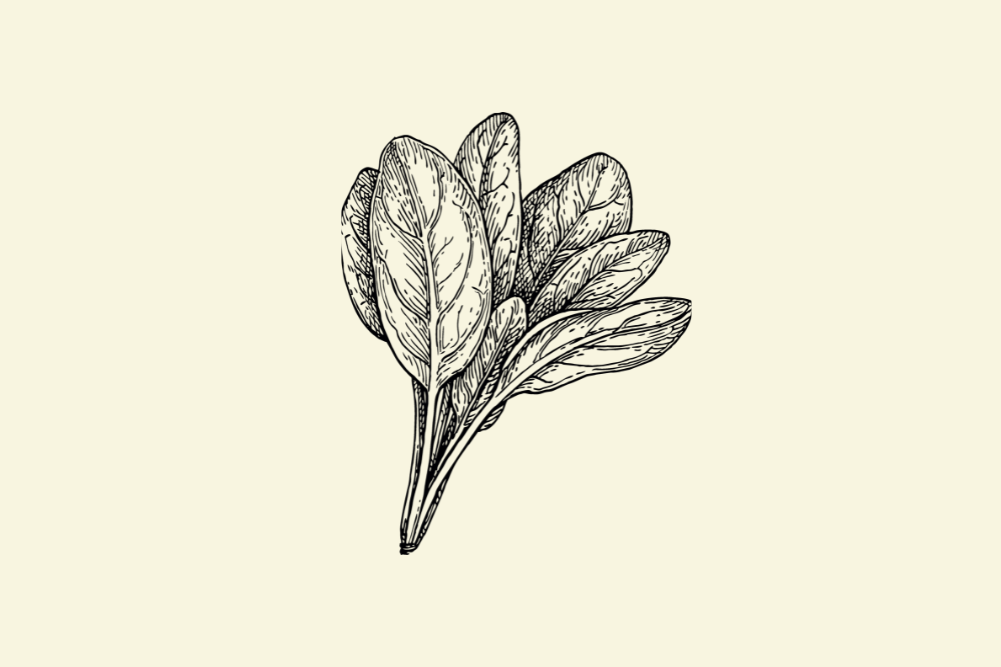The brain balance
Flamingos have a lot going for them. They can fly at up to 56 kilometres per hour, they mate for life, they have their ankle where you would expect their knee to be, and both sexes can unashamedly carry off the most brilliant shades of pink. Arguably the most wonderful thing about flamingos though is their capacity to stand on one leg for long periods of time, especially in light of a new study which indicates that standing on one leg might be an indicator of other positive qualities.
In a new study researchers asked human subjects to stand on one leg for 60 seconds with both eyes open, if possible. Almost 1,400 people took part and did the test on two occasions. For each person the researchers recorded their longest achieved standing time.
Afterwards the subjects had brain scans using magnetic resonance imaging to detect any damage to cerebral blood vessels. Questionnaires were also used to test if there was any cognitive impairment.
It emerged that disease of the small cerebral blood vessels was associated with not being able to balance on one leg for more than 20 seconds. In particular there was an association with subclinical infarctions (undetected obstructions in blood supply leading to tissue death).
This means that the capacity to balance on one leg, or not, could be an early and easy indicator of brain damage and impaired function in otherwise healthy individuals. Perhaps this finding also explains why we so often say that politicians “haven’t got a leg to stand onâ€. If the connection extends across species it would also suggest that flamingos have exceptionally healthy cerebral blood vessels.







